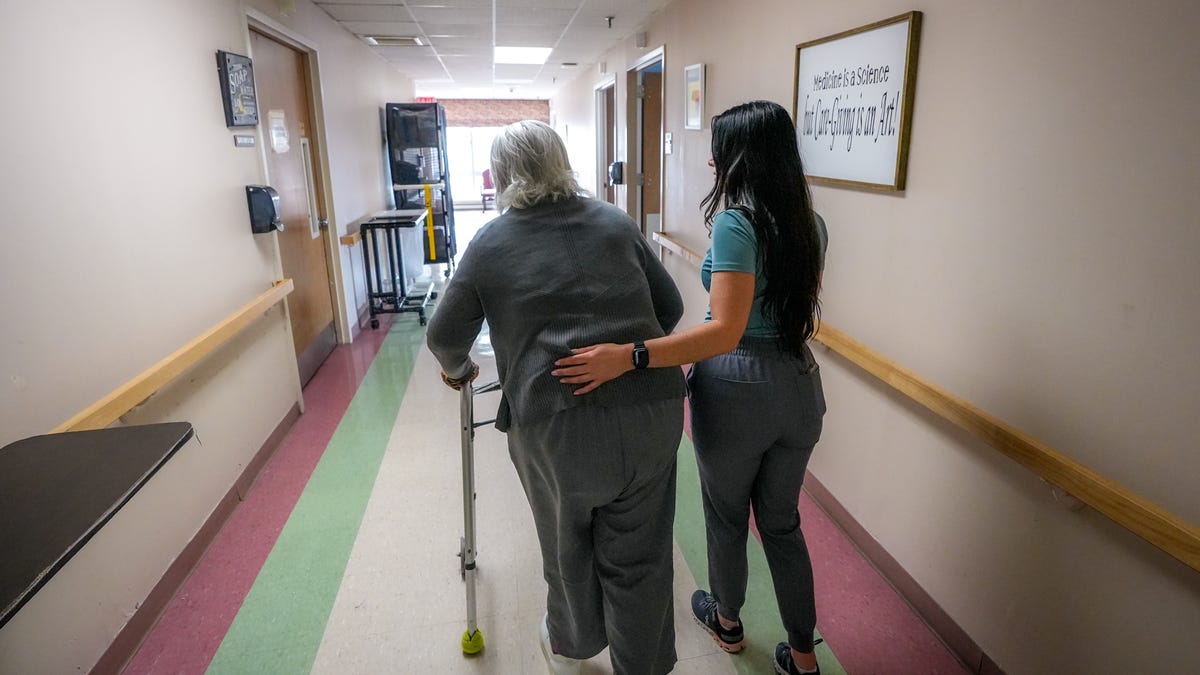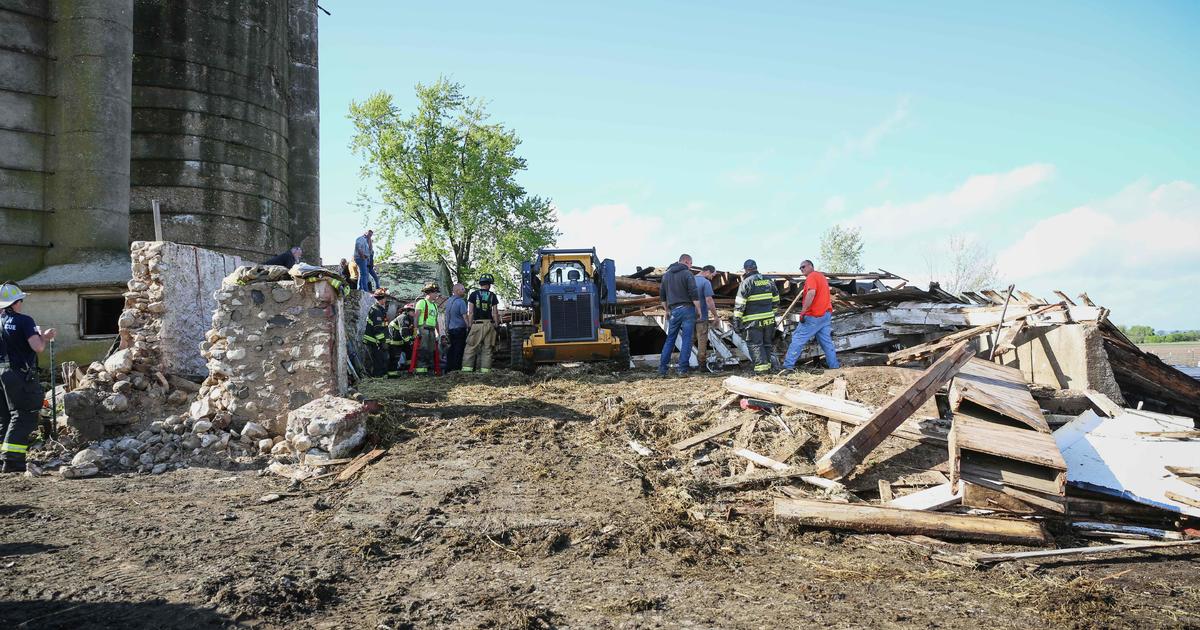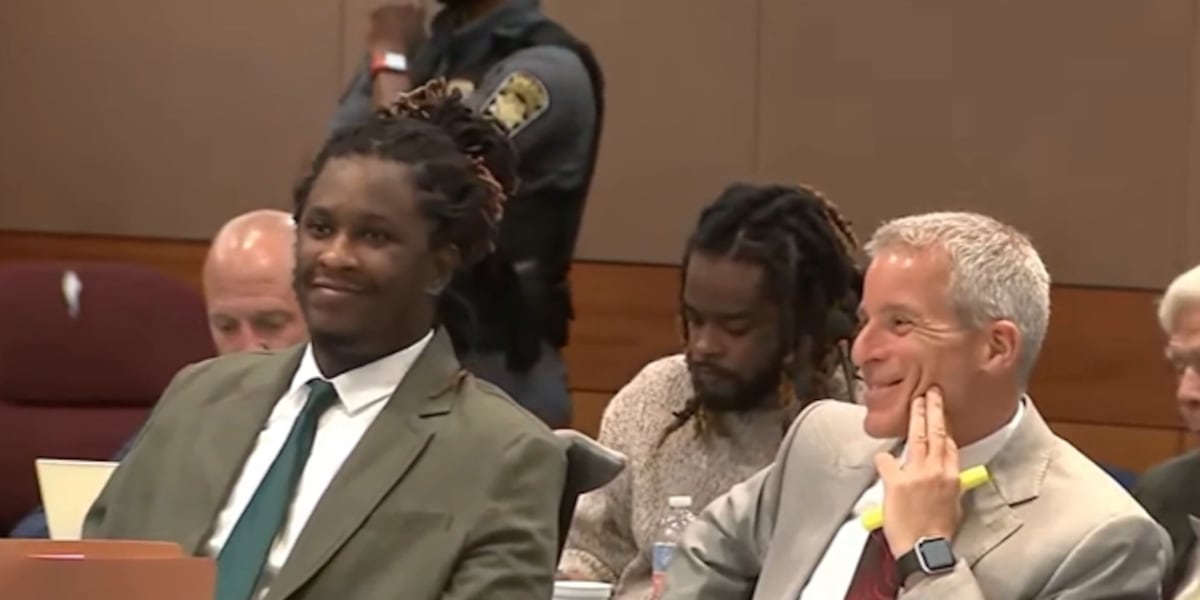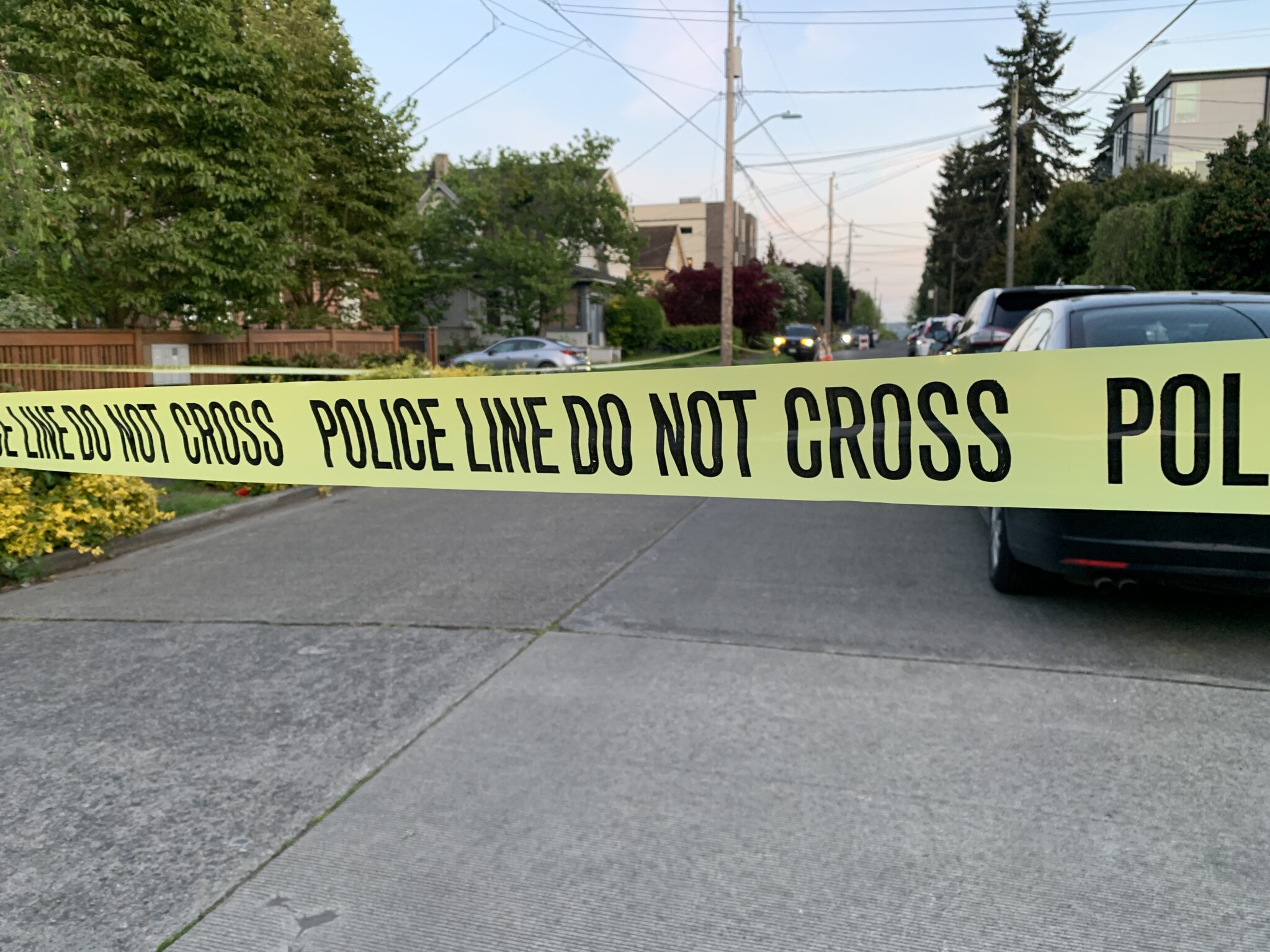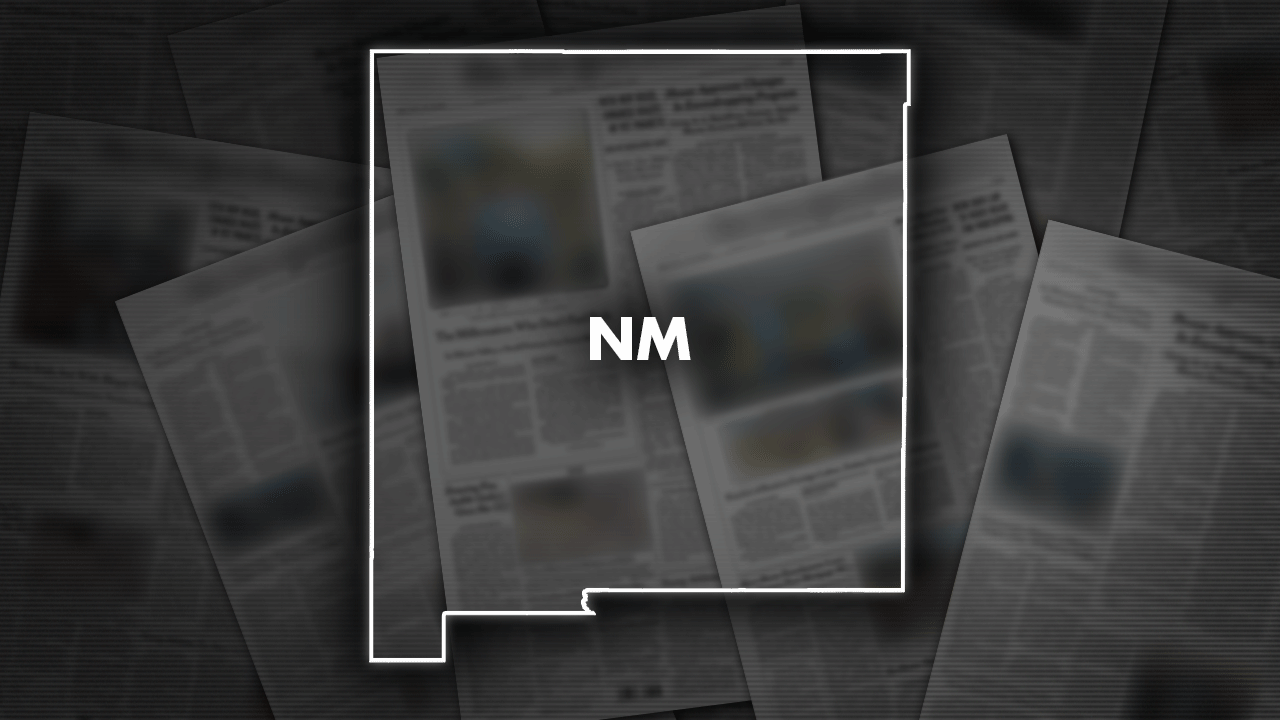SPRINGFIELD, Ill. — As state lawmakers hold hearings targeting the role of pharmacy benefit managers – an influential arm in how the health insurance industry prices prescription drugs – multiple state agencies are considering how to better regulate the industry.
Often referred to as pharmaceutical “middlemen,” PBMs act as third-party intermediaries who negotiate the availability and price insurance companies or pharmacies pay for prescription drugs from pharmaceutical manufacturers. In determining the drugs covered by a given employer insurance plan, the companies can ultimately dictate what drugs are available to patients and pharmacies alike.
PBMs have received growing scrutiny on both a state and national level for the effect many claim they have on driving up drug prices. Local pharmacy owners testified at recent committee hearings that they are being squeezed by PBMs through the price of acquiring drugs wholesale and dispensing them, often at no profit or even at a loss. Over 40 percent of local pharmacies in Illinois – about 300 locations – have closed since 2013, according to the National Community Pharmacists Association.
“On almost every brand name medication that you fill, you lose money,” Michelle Dyer, pharmacist and owner of Michelle’s Pharmacy in Macoupin County, told the House Health Care Availability and Access Committee this week.
It was one of multiple recent hearings on the companies, and it followed last week’s review of a scathing audit of the state’s oversight of the industry. In part, the audit from 2023 found state regulators had scant documentation required for effective oversight of PBMs.
Joe Butcher, of the auditor general’s office, told lawmakers on the Legislative Audit Commission that the Illinois Department of Healthcare and Family Services failed to collect documents relevant to state Medicaid spending, which it is responsible for overseeing. Without necessary documents, Butcher said, the state cannot adequately exercise oversight authority.
“HFS was not engaging in monitoring practices of PBMs as mandated by the Illinois Public Aid Code, which establishes several provisions for monitoring PBMs,” he said.
HFS Director Elizabeth Whitehorn, who was appointed in January, said she was not sure how HFS failed to obtain documentation from entities under its watch.
“I don’t want to speak for what the department did or did not do before I was here,” she said. “I don’t know if the department ever asked for the contracts and they were not provided, or if the department simply didn’t ask for them.”
Whitehorn told lawmakers the department will soon file a new rule to help the department supervise PBMs, in part by requiring PBMs to divulge more information about their potential conflicts of interest. That will kick off a rulemaking process through which the department plans to submit the rule by June to the Joint Committee on Administrative Rules.
Corporate consolidation
Many PBMs, part of an industry that launched in the 1960s as prescription drugs became a consistent part of health plans, started as independent companies but were purchased by drug manufacturers in the 1990s.
Three publicly traded PBMs – CVS Caremark, Express Scripts and Optum RX – control about 80 percent of the U.S. PBM market, and the top six companies have over 95 percent, according to the Journal of the American Medical Association.
The state’s newly appointed insurance director, meanwhile, indicated her willingness to help regulate the industry, citing the consolidation of ownership as detrimental to patients. Ann Gillespie, a former CVS Caremark employee, was elevated to insurance director from the Illinois Senate by Gov. JB Pritzker last month.
“Corporate consolidation has exacerbated the situation, turning the existence of independent pharmacies from just a competitive market issue into a health care access issue,” Gillespie said at the House committee hearing Tuesday.
Gillespie also said the Department of Insurance is willing to “design and implement additional regulatory tools” with the General Assembly.
“PBMs have continually sought to evade scrutiny and accountability,” she said. “As legislators and regulators across the country have sought greater transparency, PBMs have also challenged state regulatory authority in the courts, creating additional barriers to stall regulatory efforts.”
Attendees at recent committee hearings referenced House Bill 4548, which aims to change Illinois’ insurance law so state government can better regulate PBMs. Proposed changes include having PBMs disclose the net cost of drugs covered by a health benefit plan, and restricting PBMs from ushering patients toward using pharmacies owned by associated companies.
Last year’s audit recommended consistent monitoring of PBMs, including requiring an annual report, which is outlined in HB 4548. The bill also outlines measures requiring PBMs to pay pharmacies a dispensing fee and reimburse them at a rate equal to the national average drug acquisition cost dictated by Medicaid.
The bill remains in a procedural committee in the House, making it unlikely to pass by the General Assembly’s end-of-May adjournment.
The Federal Trade Commission is also in the midst of an ongoing antitrust probe of six of the largest PBMs, five of which are owned by insurance companies themselves. Last year, the FTC withdrew prior statements of support for PBMs. And at a White House event in March, FTC chair Lina Khan said companies are not cooperating with the probe.
CVS Health, which has the largest share of the market, disputed the claim, according to news reports; but Rep. Natalie Manley, a Joliet Democrat who chairs the Illinois House committee that’s probing PBMs, criticized the lack of attendance by PBM executives at her committee’s first hearing on the industry last month.
“If there were 10 people here from the PBMs, I would put them right here and give you some backup,” Manley told a lobbyist from the Pharmaceutical Care Management Association, a national trade association representing a vast majority of PBMs.
“We need these questions answered, I’m not sure why they’re not here,” she added. “This was their opportunity to answer some of the accusations that are being lobbed at them.”
Only one PBM lobbyist and the president of Vivid Clear RX, a PBM subsidiary of Hy-Vee supermarkets, joined last month’s House committee hearing. One employee from the Blue Cross Blue Shield-owned PBM Prime Therapeutics also eventually testified.
The number of PBMs represented increased at this week’s hearing as another Prime Therapeutics representative and general counsel from Express Scripts joined a trade association lobbyist.
Jennifer Halsey, professor and director of ambulatory pharmacy services at the University of Illinois Chicago, said at last month’s hearing insurance companies are making billions while people in need are unsure if they can afford their prescriptions.
“We continue to see that insurance companies and PBMs make billions of dollars in profit alone every single year, and those profits increase year after year,” Halsey said. “I understand they have shareholders, but how do we make sure that patients have access to care? If we don’t get to the point where the pharmacies are being reimbursed at a reasonable rate, there will no longer be pharmacies for patients to go to.”
Manley said she expects “many more months” of hearings regarding PBMs.
Capitol News Illinois is a nonprofit, nonpartisan news service covering state government. It is distributed to hundreds of newspapers, radio and TV stations statewide. It is funded primarily by the Illinois Press Foundation and the Robert R. McCormick Foundation, along with major contributions from the Illinois Broadcasters Foundation and Southern Illinois Editorial Association.


